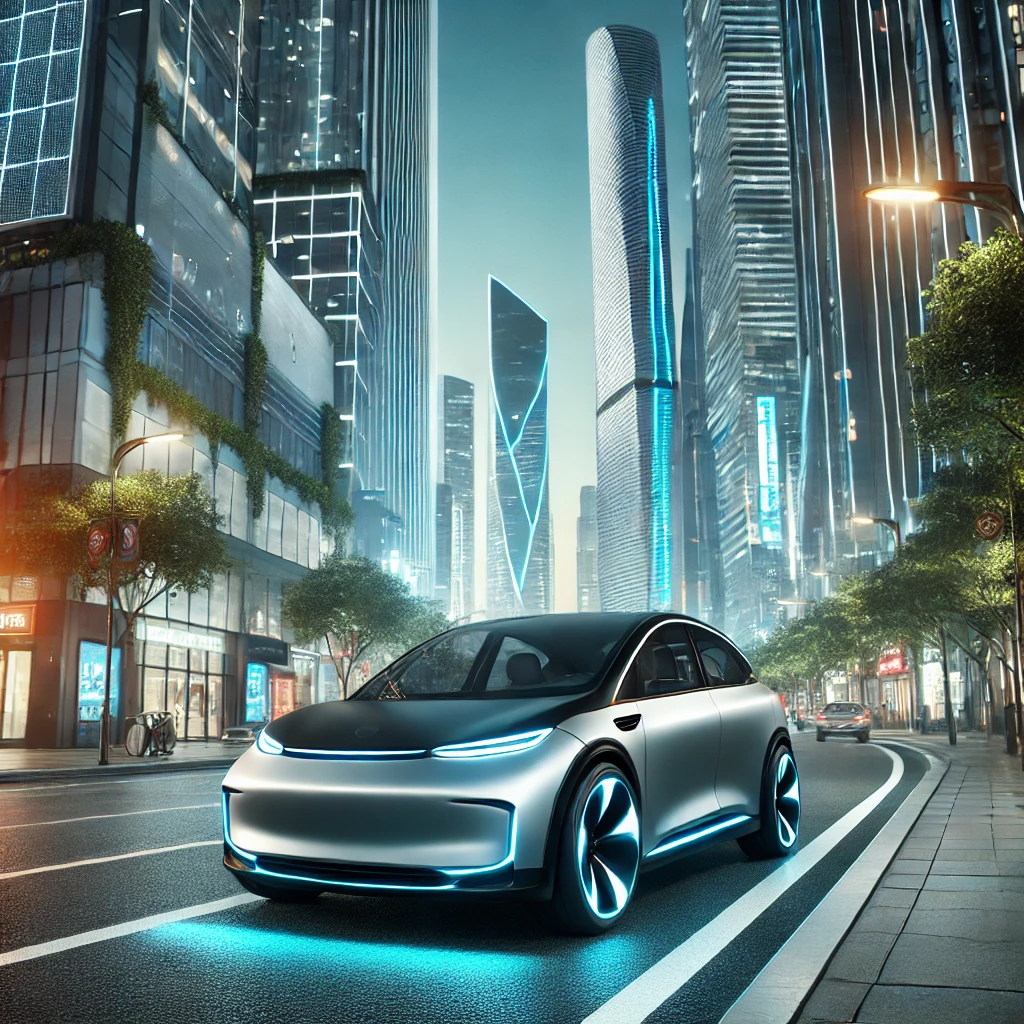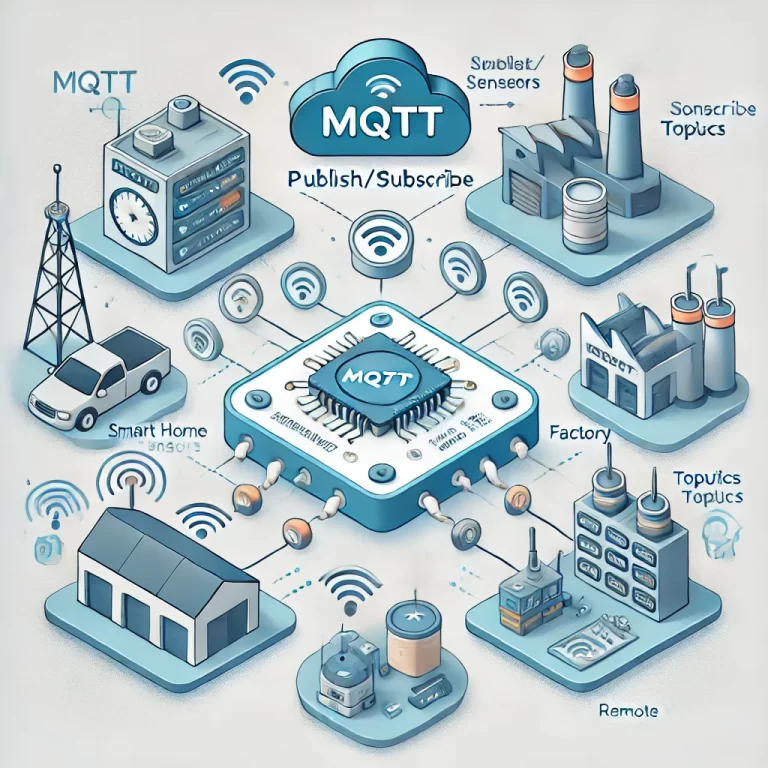As the world becomes increasingly focused on sustainability and reducing carbon footprints, the popularity of electric vehicles (EVs) has surged. But is buying an electric vehicle really a smart choice? Whether you’re motivated by environmental concerns, cost savings, or cutting-edge technology, it’s important to weigh the pros and cons before making the leap. This blog post provides a comprehensive guide to help you decide if an electric vehicle is right for you.
The Environmental Impact
One of the primary reasons people consider buying an electric vehicle is its positive impact on the environment. Traditional internal combustion engine (ICE) vehicles produce a significant amount of greenhouse gases, contributing to climate change and air pollution. In contrast, EVs produce zero tailpipe emissions, which can greatly reduce your carbon footprint.
Moreover, as the energy grid becomes greener with more renewable sources like wind and solar power, the overall environmental benefits of driving an EV will continue to improve. However, it’s important to consider that the production of electric vehicles, especially the batteries, does have an environmental impact. Mining for lithium, cobalt, and nickel, essential materials for EV batteries, can lead to environmental degradation. But overall, the lifetime emissions of EVs are significantly lower than those of traditional vehicles.
Cost Considerations
While the initial cost of electric vehicles is often higher than that of traditional vehicles, several factors can make EVs more cost-effective in the long run:
- Fuel Savings: Electricity is generally cheaper than gasoline or diesel, and the cost per mile to operate an EV is typically lower. Many EV owners charge their vehicles at home, often at night when electricity rates are lower. Some states and countries also offer incentives or reduced rates for EV charging.
- Maintenance Costs: Electric vehicles have fewer moving parts compared to ICE vehicles. There’s no need for oil changes, transmission repairs, or exhaust system replacements, which can significantly reduce maintenance costs. The regenerative braking system in EVs also reduces wear and tear on brake pads.
- Incentives and Tax Breaks: Governments around the world are encouraging the adoption of electric vehicles by offering various incentives. These can include tax credits, rebates, reduced registration fees, and even access to carpool lanes. While these incentives vary by region, they can significantly reduce the overall cost of purchasing an EV.
- Resale Value: As the market for electric vehicles grows, so does the resale value. Although EVs depreciate faster than traditional cars initially, models from manufacturers like Tesla have shown strong resale values due to their popularity and technological advancements.
Range Anxiety and Charging Infrastructure
One of the most common concerns for potential EV buyers is range anxiety—the fear that the vehicle’s battery will run out of charge before reaching the destination. While this was a valid concern in the early days of EVs, advances in battery technology have significantly increased the range of modern electric vehicles. Many EVs now offer ranges of 200 to 300 miles on a single charge, with some models exceeding 400 miles.
Charging infrastructure is also rapidly expanding. Public charging stations are becoming more common, and fast chargers can replenish an EV’s battery in a fraction of the time it takes at a standard outlet. Additionally, many workplaces and residential complexes are installing charging stations, making it more convenient for EV owners to charge their vehicles.
The Driving Experience
Electric vehicles offer a unique driving experience that many find superior to traditional vehicles. EVs provide instant torque, which translates to rapid acceleration and a smooth, quiet ride. The lack of engine noise and vibration enhances the overall comfort and driving pleasure. Many EVs also come with advanced technology features such as autopilot systems, regenerative braking, and smartphone integration, making them a compelling option for tech enthusiasts.
However, there are some drawbacks to consider. For example, the quietness of EVs can be a double-edged sword, as it may reduce awareness for pedestrians and other drivers. Additionally, EVs can be heavier due to the weight of the batteries, which may impact handling in some models.
The Future of Electric Vehicles
The future of electric vehicles looks promising, with continued advancements in battery technology, charging infrastructure, and vehicle design. As more automakers enter the EV market, competition is driving innovation and lowering prices, making electric vehicles more accessible to the general public.
Governments are also implementing stricter emissions regulations and setting targets for phasing out the sale of new ICE vehicles, further accelerating the shift toward electric transportation. In the coming years, we can expect to see even greater improvements in range, charging speed, and affordability.
Is an Electric Vehicle Right for You?
Ultimately, the decision to buy an electric vehicle depends on your individual circumstances and priorities. If you’re looking to reduce your environmental impact, save on fuel and maintenance costs, and enjoy a cutting-edge driving experience, an EV could be a smart choice.
However, if you frequently take long road trips in areas with limited charging infrastructure or if you’re concerned about the initial cost, it might be worth waiting a few more years as the technology continues to evolve. Regardless, the trend toward electric vehicles is undeniable, and their benefits are becoming increasingly compelling.
Whether you’re ready to make the switch now or just exploring your options, the world of electric vehicles offers exciting possibilities for the future of transportation.








